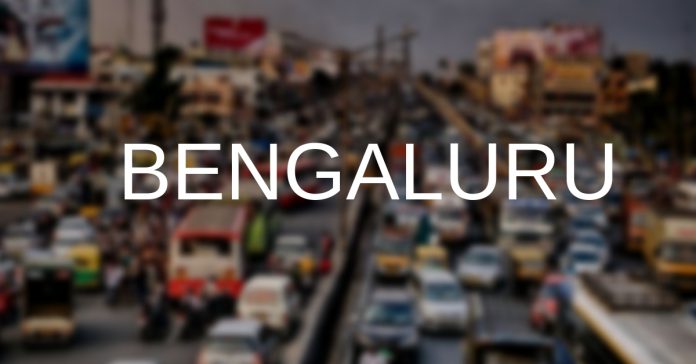
It is a known fact that Karnataka’s capital city, Bengaluru is India’s IT hub and a darling city for startups. Now, a study says that Bengaluru is the world’s most dynamic cities. When we say Dynamic, the city is growing with the ability to adapt to change, innovate, and calibrate to rapidly evolving circumstances.
Bengaluru Has Topped A Ranking Of 131 World Cities
India’s silicon valley has topped a ranking of 131 world cities while Hyderabad took the second position, which topped last year. This data is based on a study conducted and the ranking published by Jones Lang LaSalle (JLL), an investment management firm, on January 15th.
The study is said to have assessed socio-economic and commercial real estate with metrics that include city’s GDP, population, FDI, corporate headquarters, and more.

Home to Five Of India’s Eight Unicorn Companies
As per the research conducted by JLL, Bengaluru has fairly established a worldwide reputation when it comes to design and technology. It has managed to attract many international companies coupled with making space for a vibrant startup culture; it is home to five of India’s eight unicorn companies (Businesses valued over US$ 1 Billion)

As a known fact, Bengaluru houses the headquarters for India’s largest IT firms such as Infosys and Wipro. Also, it is home for new Internet startups like Ola, Big Basket, and others. Not just that, Bengaluru is also the India hub for the global tech giants, including IBM, Microsoft, Amazon, Apple, and SalesForce.
Six Indian Cities have made it to the Top 20
Interestingly, two years ago, nearly half of the list was dominated by European and American cities. Now, six cities from India are in the Top 20 with Bengaluru on #1 followed by Hyderabad, Hanoi, Delhi, and Pune on second, third, fourth, and fifth positions respectively.
Also, Read: Namma Bengaluru At Top 3 in The List Of Fastest Growing Cities in the World
Ramesh Nair, CEO and country head of JLL India opines and credits the implementation of RERA (real estate regulatory authority) and GST (goods and services tax) to the growth of business in India. He also believes that the improved infrastructure, improvement in ease of doing business, and the Government’s reform-driven measures shall bring more transparency to the sector.
Having said this, the growth at a rapid phase has its own vulnerabilities. The adverse effects of Rapid growth include the lack of appropriate infrastructure, congestion, and environmental degradation. (Info source: Quartz India)
If You don’t want to miss our next Post then Like and Follow MetroSaga on Facebook and Instagram or simply download our Android App
You can also Subscribe to MetroSaga for newsletters.


































